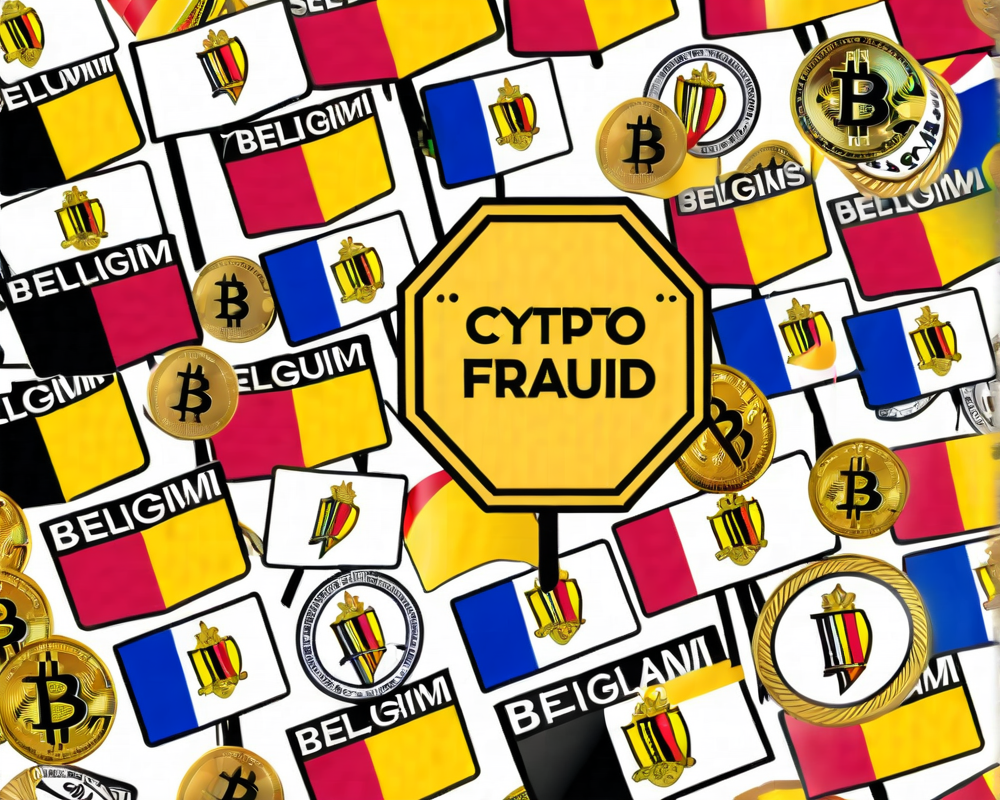The Unfolding Saga of Cryptocurrency Fraud
In a world where fortunes seem to rise and fall with a mere tweet, Belgium’s Financial Services and Markets Authority (FSMA) has taken an admirable stance against fraudulent activities in the cryptocurrency sector. On September 4, they added 28 new sites to their growing blacklist of crypto scams, sending a warning shot across the bows of unsuspecting consumers.
Continued Warnings Echo in the Digital Abyss
Despite prior advisories, the FSMA is still inundated with complaints from consumers who have fallen prey to these modern-day Robin Hoods – minus the giving part. Fraudsters are luring victims with the sweet siren song of easy profits. The FSMA puts it bluntly: “The only thing they actually do is take the customers’ money and disappear. It is as simple as that.” Talk about a disappearing act!
The Blacklist: A Work in Progress
The FSMA emphasizes that their updated list of scams is not exhaustive and largely comprises reports from victims. This is where the public can truly step in. Have you come across a suspicious crypto entity? The FSMA is seeking further information to expand their watchlist and protect more innocent investors.
A Historical Context
Consumers are encouraged to check previous warnings, notably one from February 2018, which features a poignant testimony from a victim detailing their experience with a particularly deceitful crypto platform. If only those stories came with a moral like: “Don’t invest in something with a name you can’t pronounce!”
Global Efforts Against Cryptocurrency Scams
Belgium’s FSMA isn’t alone in its crusade. Other national regulators and financial advisors have jumped into the fray, too. For instance, a recent government-led study in China dissected the common traits of fraudster digital currency profiles, giving consumers another layer of defense against deceit.
Learning from Examples
Meanwhile, across the pond, the U.S. Securities and Exchange Commission (SEC) spiced up investor education by creating a faux ICO website called HoweyCoins.com. The SEC’s strategy was to illustrate red flags that often signal scam ICOs while simultaneously redirecting eager investors to their legitimate educational resources. Talk about teaching a lesson the fun way!
A Call to Action for Consumers
The FSMA’s alerts and the global anti-fraud efforts boil down to one thing: informed consumers. The cryptocurrency landscape may appear enticing but proceed with caution. Remember, if it seems too good to be true, it probably is – and your bank account could become a ghost town in the blink of an eye.




